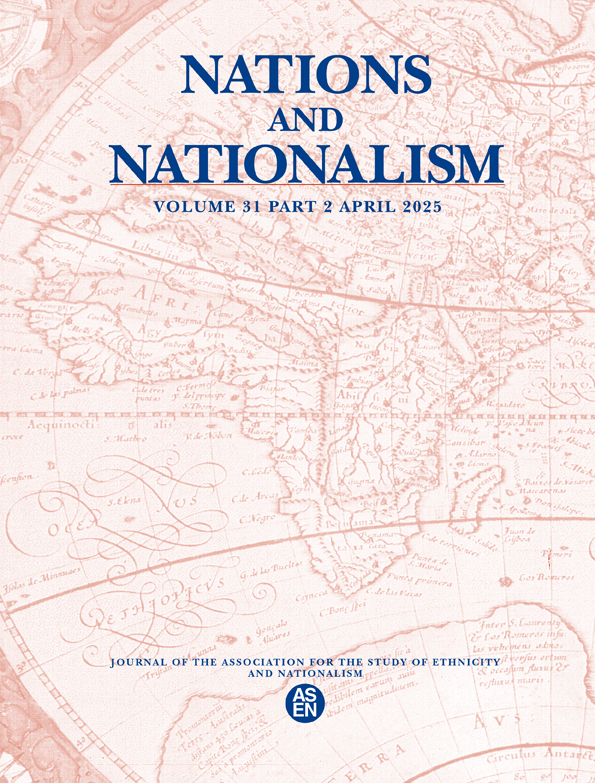The theory and practice of non-territorial autonomy in Europe—A historical perspective
[Correction added on 20 January 2025, after first online publication: Article title has been updated in this version.]
Abstract
The concept of non-territorial autonomy (NTA), which aims at separating the notions of the nation and territory, has received many practical implementations—in different forms and guises and in a variety of political settings—since the beginning of the 20th century. It has also become increasingly important for the theoretical debates surrounding issues of ethnic diversity and minority accommodation in a world of nation-states. But as far as the link between NTA theory and the actual case studies exists, it has been primarily connecting theoretical and normative debates with contemporary, post-1991 case studies. Our proposed themed section bridges the existing gap between the theory of NTA and its historical applications in Central and Eastern Europe, providing a fresh perspective on associational, political and legal aspects of nation-building prior to World War II and beyond in the process. Bringing together seven scholars with a long-standing interest in NTA for an energetic multidisciplinary revision of the history of the concept and its practical applications, our themed section aims at shedding new light on broader topics such as nation-building, ethnic relations, minority activism and contemporary normative debates on individual and group rights.




